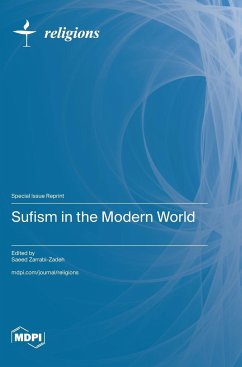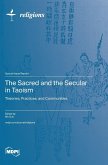SummarySince the advent of the "modern" age, the main mystical trend of Islam, namely Sufism, has become the target of novel, multifaceted criticism in the Muslim World. The strong denunciation of "folk" Sufism by Muslim purists and fundamentalists of the eighteenth century onwards-who often consider mystical Islam to be a major part of, and reason for, the deviation from an imagined, pristine Islam-was followed by a fresh wave of Sufi antagonism by a group of Muslim modernists and secular thinkers from the nineteenth century, who regard Sufism as something belonging to the past and thus incompatible with the present. Notwithstanding these intense and multifarious critiques, Sufism has remained an active part of Muslim life and culture in both Muslim-majority and Muslim-minority areas, even extending its presence to new spheres such as Europe and America. The current Special Issue analyzes and examines different aspects of such vibrant activity and scrutinizes the dynamics of the beliefs, practices, institutions, interpretations, conceptualizations, and aesthetics of Sufism in the modern world. It offers its readership a broad and multidisciplinary perspective on the contemporary vitality of mystical Islam and addresses the issue through various academic fields such as religious/Islamic studies, intellectual history, sociology, anthropology, philosophy, gender studies, and minority studies. Contributors to this volume have demonstrated that Sufism, like Islam itself, should be understood and studied "in context" and with regard to its constant change-in-continuity.
Hinweis: Dieser Artikel kann nur an eine deutsche Lieferadresse ausgeliefert werden.
Hinweis: Dieser Artikel kann nur an eine deutsche Lieferadresse ausgeliefert werden.








